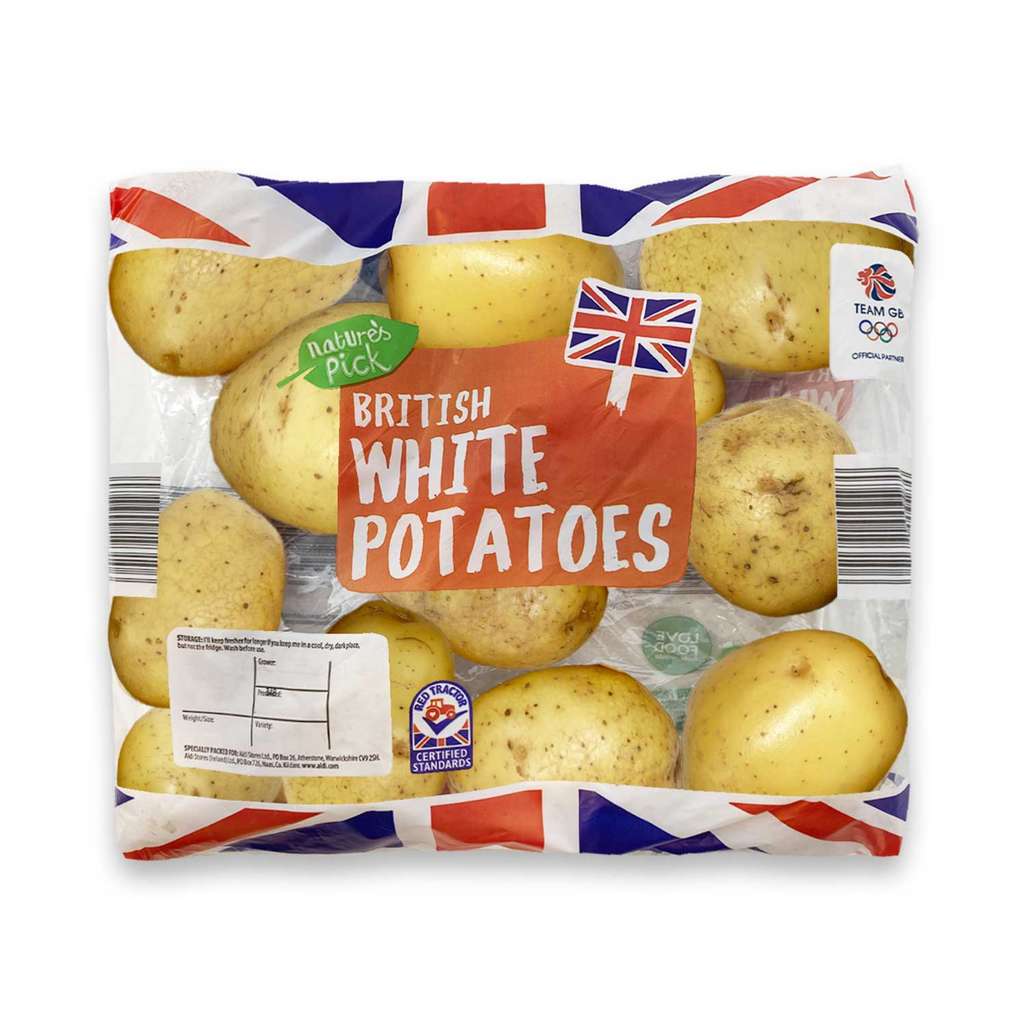When looking at product specs, you will typically see two separate columns for Memory and Storage. It can be confusing because these two terms sound interchangeable, and will typically utilise the same unit of measurement: Gigabytes.
Our customers often mistakenly use the term memory to refer to storage. When asking about how much memory a phone has, or stating that their laptop has insufficient memory, we know that in most cases, the nature of their enquiry actually relates to storage.
So what's the difference?
Most people know what storage is: It's the process through which digital data is saved within a device. Data is stored on a hard disk drive, solid state drive, NAND chip, or flash memory card. This is where all of your photos, documents and other files live. Most smartphones have 32GB to 512GB of storage. Most computers have between 128GB and 2000GB of storage.
Memory is an abbreviation of Random Access Memory, which is better known by its acronym: RAM. This is a temporary memory bank which stores working data. It's "Random" because it can read and modify data directly in any order. Most smartphones have 2GB to 8GB or RAM. Most computers have between 4GB and 32GB of RAM.
The simplest distinction: Memory stores data temporarily. Storage saves data permanently.

Why do we need to store memory temporarily?
Processors are fast. Reading data from or writing data onto a drive is slow. RAM bridges the gap: It temporarily stores data which can be quickly and easily accessed by the processor.

Still not clear? Here's an analogy...
Imagine you are writing a project. The data that you need is in the books. You can keep a few books on your desk at any one time, but after that you have to get up and walk over to the book shelf, find a book, and then swap it for one on your desk. The size of your desk is the RAM. The size of your bookshelf is the hard drive storage. If you have a really small desk, you'll have to keep swapping books from your bookshelf, so it will take you a while to finish the project.
Having more RAM (a bigger desk) enables the device to keep more apps, programs and processes running simultaneously.

RAM is a form of "volatile memory" meaning it loses data when power is interrupted or switched off. A drive is "non-volatile memory" meaning it retains data at all times. Accessing non-volatile memory is slower and more difficult.
Bonus Fact: When you switch your computer off, anything that wasn't copied from the RAM to the disk is deleted. When you put your computer into hibernate, everything on the RAM is copied to the disk so that it can be restored back on to the RAM when the computer is switched back on.
If your computer is running slow, it could be related to the hard drive, or the RAM. We can assess your device and advise on the best course of action. Upgrading your computer's hardware is a cost-effective way to boost your productivity, or just load games quicker.

for the latest industry news, tech tips, company updates, and anything else we feel like writing about.





















